GDP re-basing, 3 CBN governors, falling oil prices… top 10 business headlines of 2014
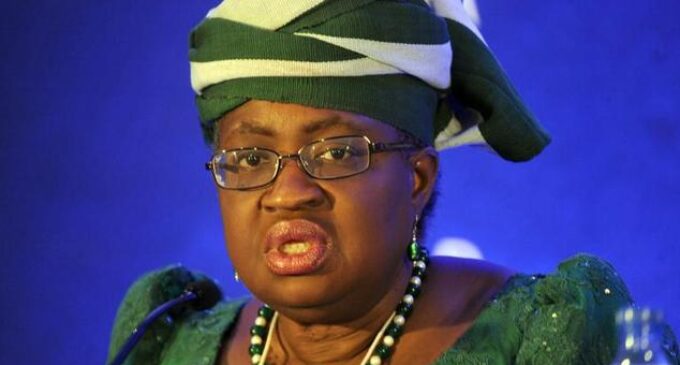
With just a few hours to the end of 2014, here is a quick recap of the top 10 events that shaped business/economy in the year.
GDP RE-BASING
Nigeria rebased its nominal gross domestic product (GDP) during the year and that exercise saw estimates for 2013 hit $509.9 billion from $285. 56 billion.
Following the rebasing exercise, Nigeria emerged Africa’s biggest economy and the 26th largest economy in the world. South Africa with a GDP of $384.3 billion is the continent’s second largest economy.
The new GDP figure also placed Nigeria ahead of countries like Austria with $394.7 billion, Venezuela with $381.26 billion, Columbia ($369.6 billion), Thailand ($365.96 billion), Denmark ($314.88 billion), Malaysia ($274.7 billion) and Singapore ($269.87 billion).
1 YEAR, 3 CBN GOVERNORS
During the year, the Central Bank of Nigeria (CBN) had three governors. Mallan Sanusi Lamido Sanusi was governor until February, when he was suspended by the federal government over allegations of financial recklessness.
The federal government, through the Financial Reporting Council (FRC), also alleged that Sanusi, who is now the emir of Kano, violated due process in many of the bank’s operations. After his suspension, Sarah Alade, the deputy governor (economic policy), was appointed in acting capacity. Alade acted until June when Sanusi’s tenure formally expired.
Jonathan then nominated Godwin Emefiele as substantive CBN governor, which was confirmed by the senate.
PENSION ACT REVIEWED
On July 1, 2014, President Goodluck Jonathan signed the Pension Reform Bill into law. This was well-received by Nigerian workers, as it was meant to instill discipline and make employers more committed to the scheme.
The new law, which is to govern and regulate the administration of the uniform pension scheme for public and private sectors in Nigeria, repealed the Pension Reform Act No. 2, 2004.
It also empowers the National Pension Commission, subject to the fiat of the attorney-general of the federation, to institute criminal proceedings against employers who persistently fail to deduct and/or remit pension contributions of their employees within the stipulated time. The new law also provided stiffer penalties and sanctions, as the old law did not serve as a sufficient deterrent against infractions.
THE GREAT FALL OF THE NAIRA
Throughout 2014, the naira was always in the news.
A review of it’s performance for the year by analysts at Cowry Asset Management Limited showed that on a year-to-date basis, the nation’s currency has depreciated by 9.30 per cent at the official market to N168 to a dollar as at December 24, 2014, from the N153.70 to a dollar it was at the beginning of the year.
Also, at the interbank market, it fell by 13.26 per cent to N181.18 to a dollar, from N159.96. In the same vein, at the black market it fell by N18 to N191 to a dollar, from N173 to a dollar. The naira was also devalued to $168 to a dollar.
DWINDLING OIL PRICES
The price of a barrel of crude oil almost reduced by half in 2014, from $115 in June to around $60 towards the end of the year. This exposed the vulnerability of the Nigerian economy as the country’s revenue declined significantly.
For instance, the country’s gross oil receipts, which constituted 63.2 per cent of the country’s total revenue in October, dropped below the monthly budgeted estimate by 21.3 per cent to N470 billion during the month.
The CBN had stated this in its economic report for October 2014. The falling prices of crude oil also forced the federal government to announce some austerity measures, most of which were captured in the 2015 budget.
STOCK MARKET NOSEDIVE
Investors in the Nigerian stock market didn’t have much to celebrate, as the performance of the market was not inspiring.
The All-share market index of the Nigerian Stock Exchange (NSE) fell below 30,000 threshold points during the year. Specifically, the NSE All-share index dropped to its lowest position of 28,961.67 on December 17, just as the market capitalisation fell to N9.562 trillion. The poor performance of the market was attributed to the falling oil prices, exit of foreign investors and poor economic outlook on the country.
EBOLA
Is anyone querying the relationship between Ebola and business?
The Ebola Virus Disease (EVD), which found its way into the country on July 25, was a major threat to the economy, as some sectors recorded downturn in their activities. Sectors that were slightly affected by the outbreak of Ebola in the country were aviation, hospitality, tourism, trade and medical.
The virus brought fear, panic, disbelief and frustration on economic activities, particularly in Lagos. However, a small part of the economy, such as shop owners selling sanitisers, benefited from the Ebola scare. In the agriculture sector, the business of hunters and some farmers were affected, while some meat sellers witnessed slight reduction in patronage.
3 NEW AIRLINES
The high point for the aviation sector was that there was no plane crash in 2014. And there were three more airlines, namely Discovery Air, Azman and Air Peace that began operating in the country this year, spawning increased competition in the industry.
Also, Stella Oduah was removed as minister of aviation in February. In July, Osita Chidoka was appointed in her stead. Until the appointment, Chidoka was the corps marshall and chief executive director of the Federal Road Safety Corps (FRSC).
HIGH-SPEED RAIL PROJECT
The federal government and the China Railway Corporation during the year signed an agreement for a $13 billion high speed rail project that is expected to transverse 10 states in the country. The project is expected to help remove heavy freight from the country’s roads and enable government save millions it spends on road maintenance.
The rail network is expected to connect Lagos, Kano, Kaduna, Warri, Bauchi, Abuja and Port Harcourt. The length of the railway line would be 1,385 kilometres in one-way mileage and a design speed of 120 km/h, including 22 railway stations, which would be constructed along the line.
DIEZANI’S OPEC PRESIDENCY
At the end of November, Diezani Allison-Madueke, the minister of petroleum resources, was elected president of the Organisation of Petroleum Exporting Countries (OPEC).
The election, which took place at the 166th ordinary meeting of the organisation in Vienna, enthroned Allison-Madueke as the first female president of OPEC.
She later credited her election to Jonathan’s courage, saying: “First of all, it wouldn’t have happened if the president had not had the courage to appoint a woman into the portfolio of ministry of petroleum resources, which meant that I now headed the country’s delegation to OPEC.”


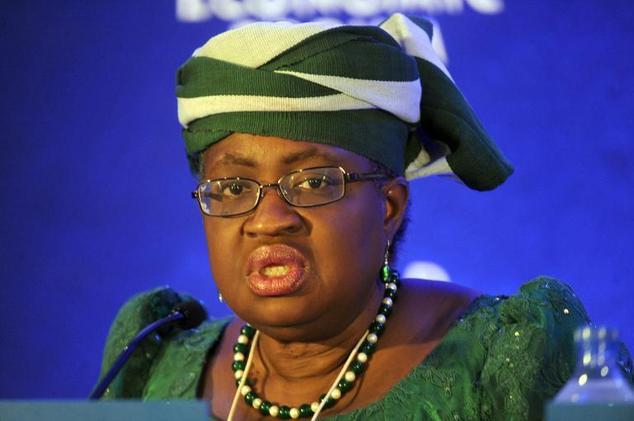
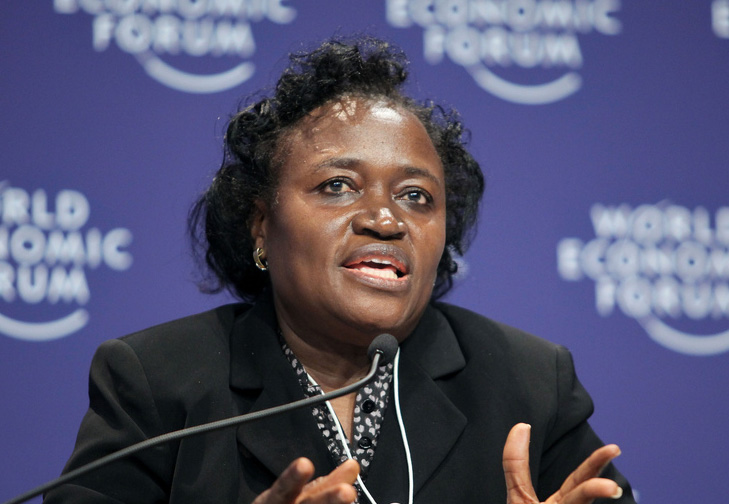
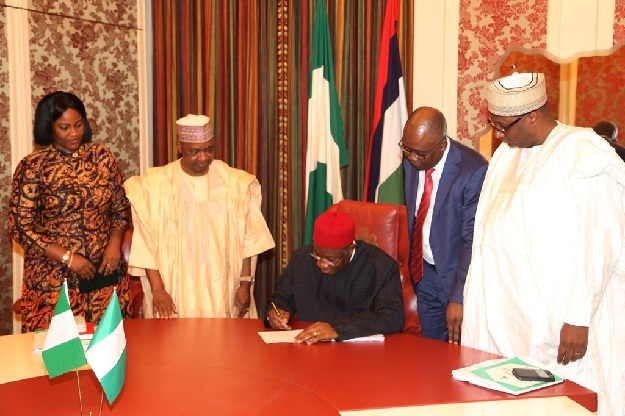


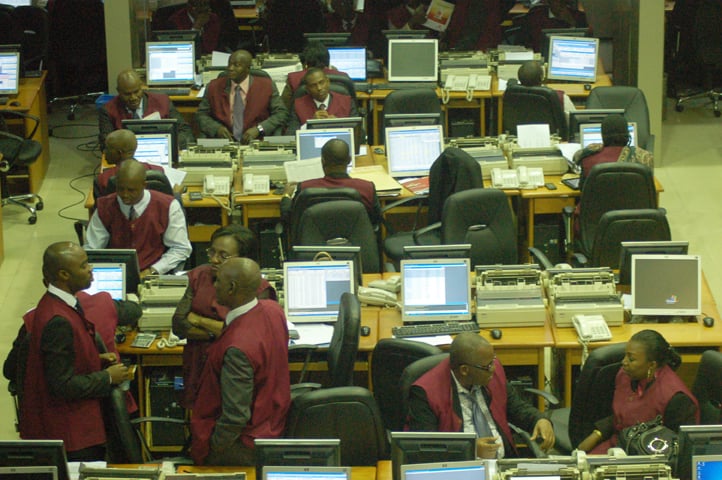
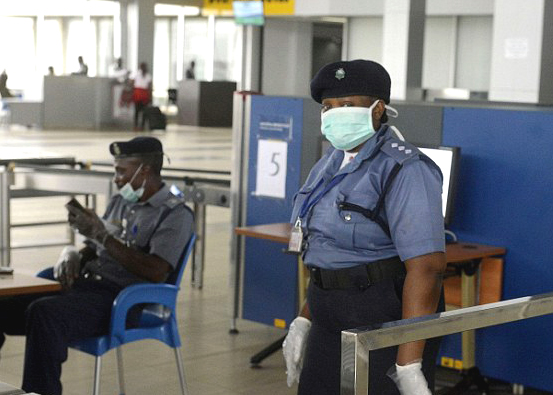


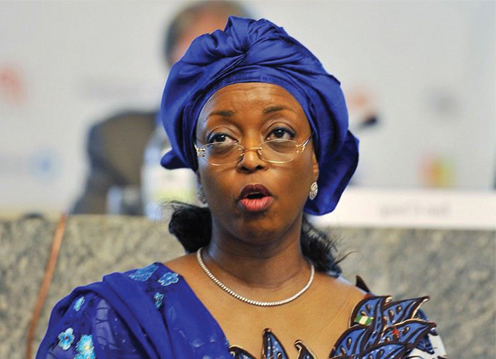





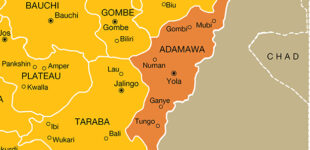
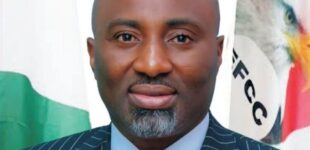
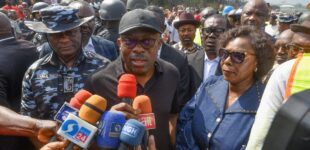





There are no comments at the moment, do you want to add one?
Write a comment